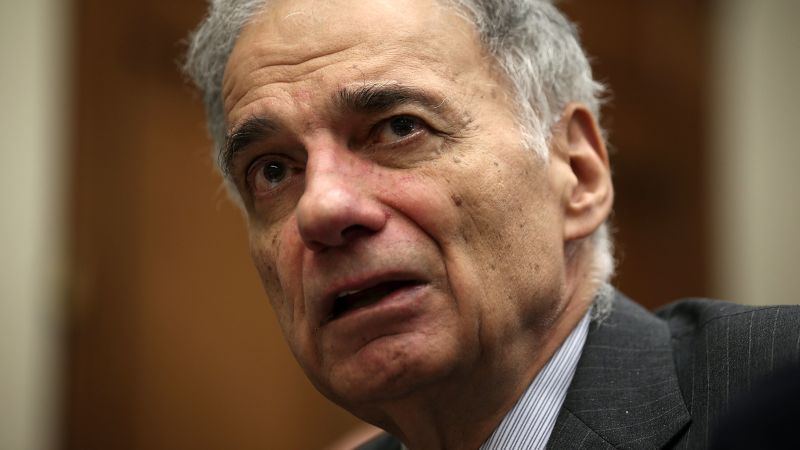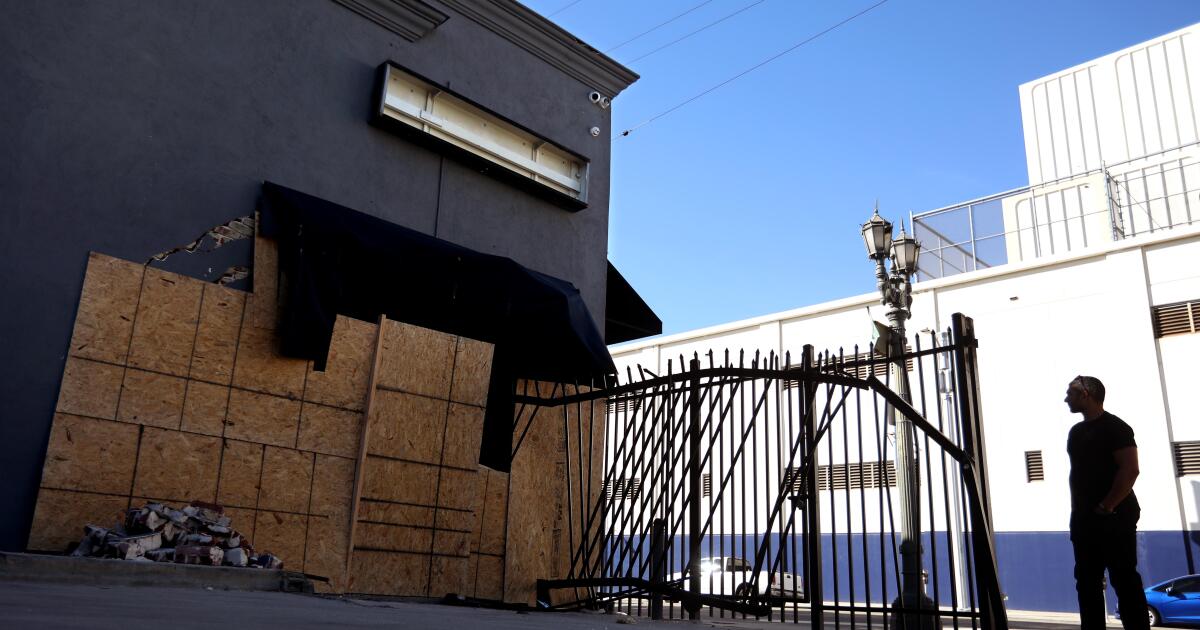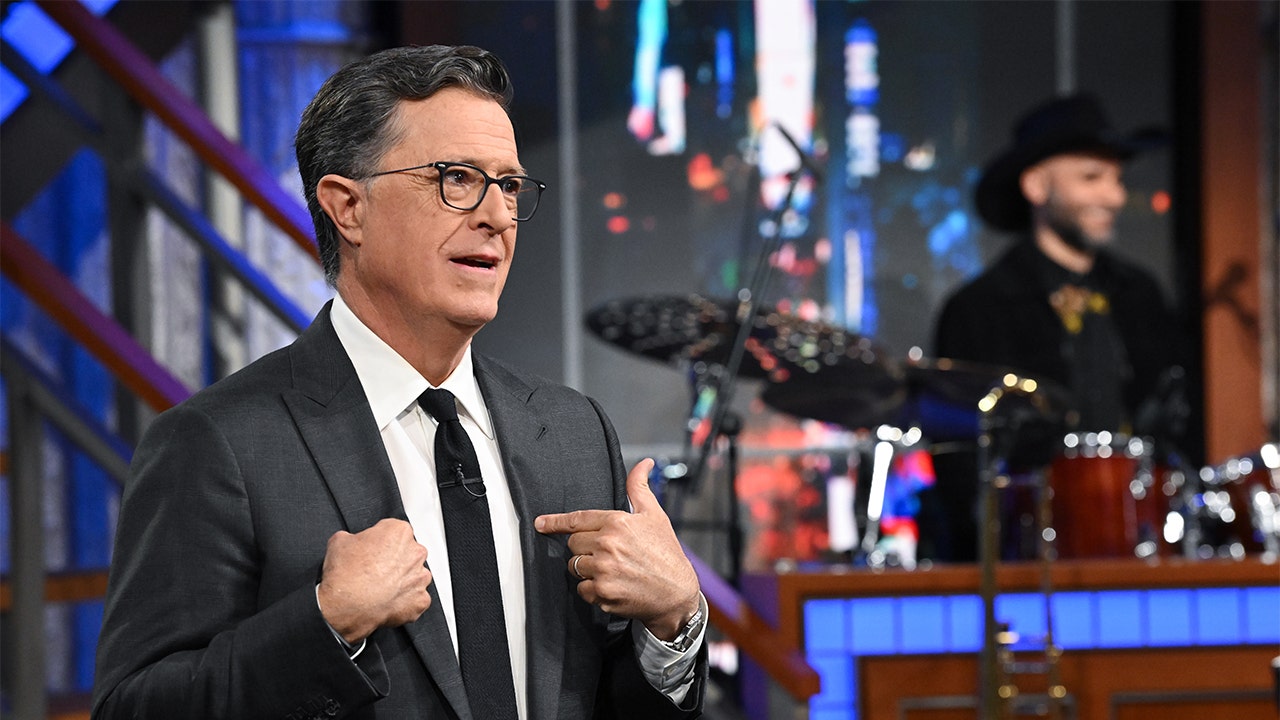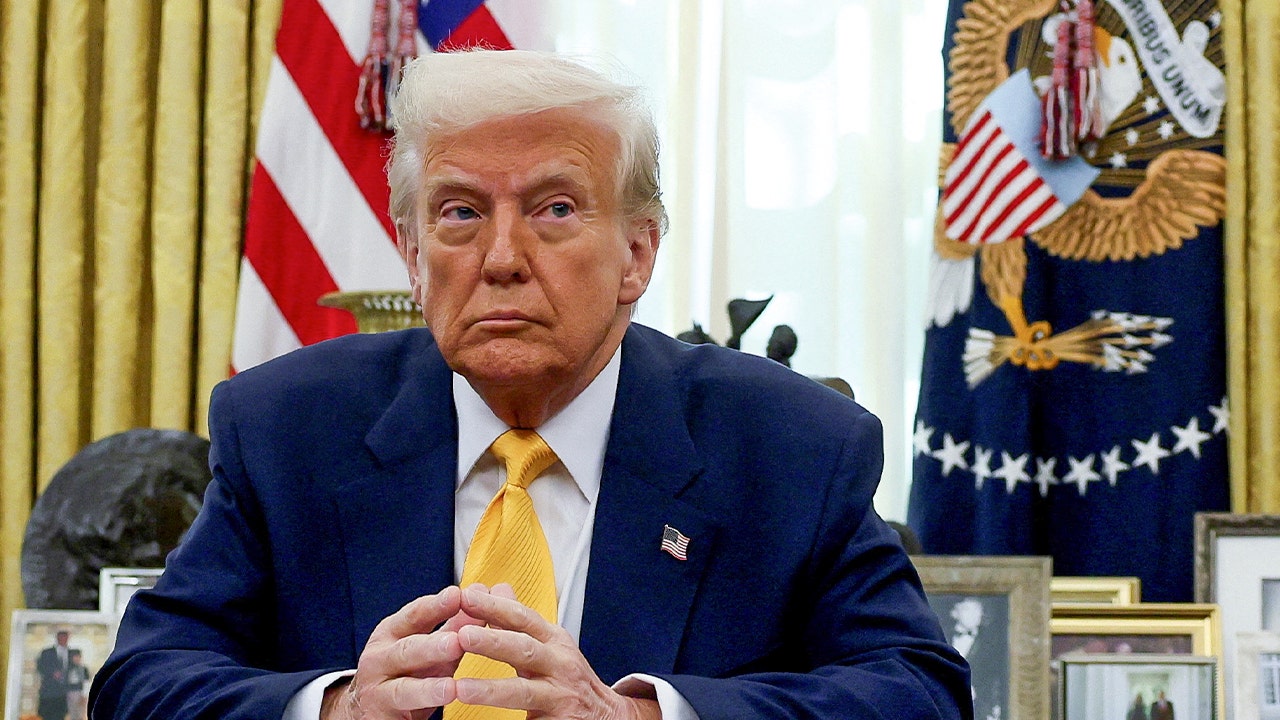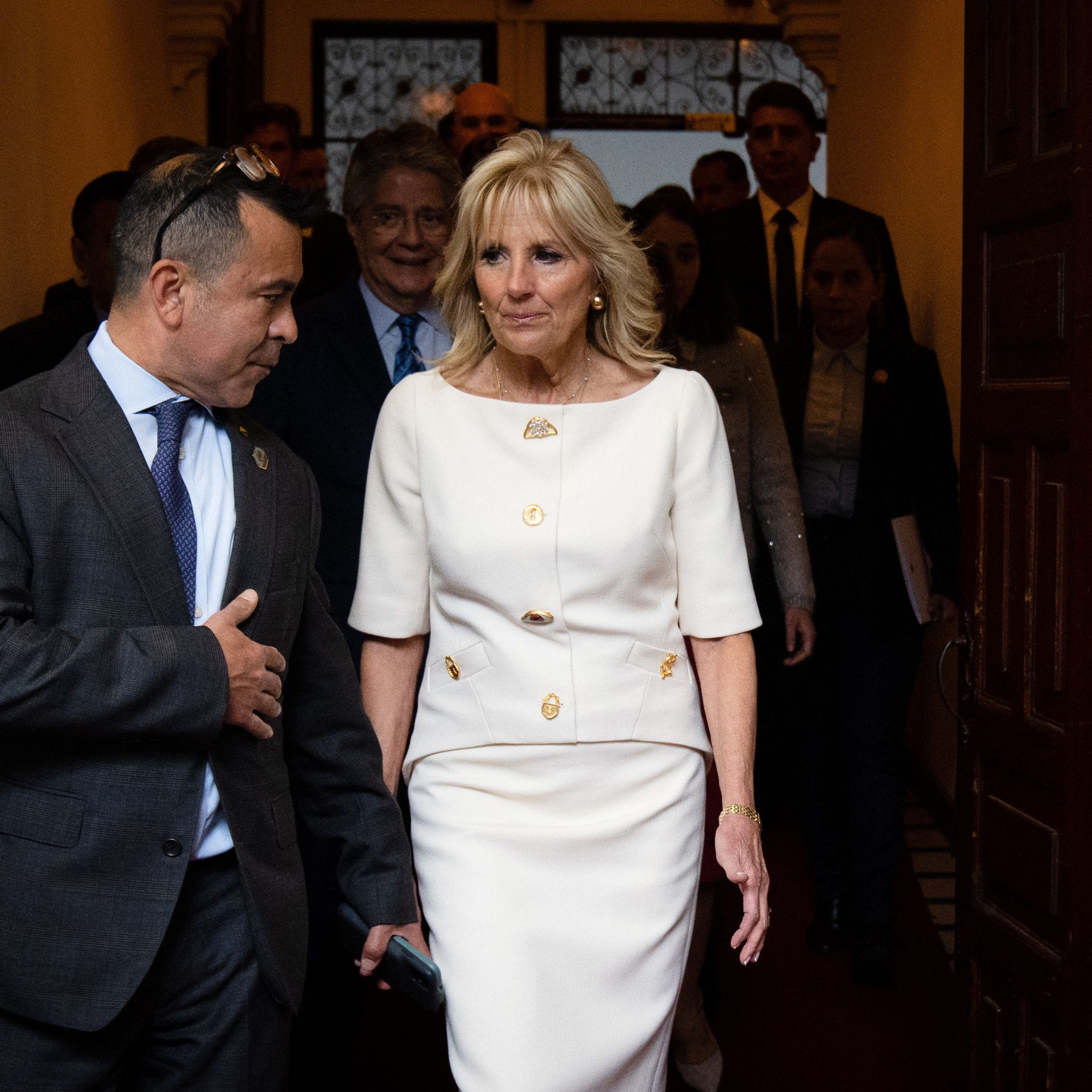Here's a look at the life of consumer advocate and former presidential candidate Ralph Nader.
Birthdate: February 27, 1934
Place of birth: Winsted, Connecticut
Birth name: Ralph Nader
Father: Nathra Nader
Mother: Rosa (Bouziane) Nader
Education: Princeton University, AB, 1955, Harvard Law School, LLB, 1958
Military: US Army, 1959
Writer and lawyer.
Green Party presidential candidate in 1996 and 2000; Independent candidate in 2004 and 2008.
He speaks Arabic, Chinese, Portuguese, Spanish and Russian.
Son of Lebanese immigrants.
Early 1960s – He practices law in Hartford, Connecticut.
1961-1963 – Lectures at the University of Hartford.
1964 – He is hired by Undersecretary of Labor Daniel Patrick Moynihan as an automotive safety consultant.
1965 – Publishes “Unsafe at Any Speed,” a critique of the automotive industry in Detroit. Nader accuses automakers of putting style over safety in the design of their vehicles. He focuses specifically on the Chevrolet Corvair.
February 10, 1966 – Testifies before a Senate subcommittee on automotive safety.
March 1966 – James Roche, president of General Motors, apologizes before the Senate for hiring private investigators to spy on Nader.
September 9, 1966 – President Lyndon B. Johnson signs the National Traffic and Motor Vehicle Safety Act into law.
1967 – Pressure Congress to pass the Healthy Meat Act, increasing inspections of slaughterhouses and meat processing plants.
1967-1968 – Lectures at Princeton University.
1969 – He helps establish the Center for Responsive Law, a nonprofit organization that studies consumer issues.
1970 – Settles harassment lawsuit against GM for $425,000.
December 29, 1970 – Congress establishes the Occupational Safety and Health Administration (OSHA), which Nader had lobbied hard for.
1971 – Founds Public Citizen Inc., a consumer lobbying group.
1971 – After the first Public Interest Research Groups (PIRGs) are launched in Oregon and Minnesota, Nader co-authored with Donald Ross “Action for Change,” a practical guide to help students establish state PIRGs.
August 19, 1996 – He is nominated as a presidential candidate by the Green Party.
November 1996 – He receives 685,000 votes (0.71%) in the presidential election.
June 25, 2000 – He is again nominated as a presidential candidate for the Green Party.
November 2000 – He receives 2.8 million votes in the 2000 presidential election, approximately 2.75% of the vote. He is on the ballots in 33 states and the District of Columbia as a Green Party candidate and is listed as an independent on the ballots in eight states.
January 2001 – Establishes the Fan League, a sports promotion and reform project.
February 22, 2004 – He announces that he is running for president as an independent.
August 9, 2004 – Two lawsuits are filed in Pennsylvania on behalf of Democratic voters challenging Nader's petitions to appear on the Pennsylvania ballot, alleging that thousands of signatures are forged or fictitious.
October 13, 2004 – A state court removes Nader from Pennsylvania's presidential ballot, citing thousands of fraudulent signatures.
November 2, 2004 – He obtained 411,304 votes (1%) in the presidential elections. He is on the ballot in 34 states and the District of Columbia.
January 2005 – A judge orders Nader and his running mate, Peter Camejo, to pay more than $80,000 in legal fees incurred by a group that challenged Nader's petitions to appear on the Pennsylvania ballot.
October 30, 2007 – He sues the Democratic National Committee, the Kerry-Edwards campaign, the America Coming Together PAC and others in the District of Columbia Superior Court, alleging they conspired to keep him off the ballot in several states and to “take votes away” from candidate John Kerry. in the 2004 presidential elections.
November 27, 2007 – Nader's lawsuit in DC Superior Court against the Democratic National Committee and others is moved to federal district court for the District of Columbia.
December 3, 2007 – Nader's case in federal district court in DC against the Democratic National Committee and others is dismissed by Judge Jennifer Anderson before the initial scheduling conference.
January 30, 2008 – Launches a presidential exploratory committee website for the 2008 elections.
February 24, 2008 – Nader announces that he is running for president as an independent.
February 28, 2008 – Nader chooses former San Francisco Board of Supervisors Chairman Matt Gonzalez as his running mate.
May 2008 – Nader files an administrative complaint with the Federal Election Commission against the Democratic National Committee and others because they “conspired to deny him and his running mate access to the ballot in numerous states as candidates for president and vice president in the 2004 general election.” , which, they say, is against the Federal Electoral Campaign Law of 1971.
November 4, 2008 – Nader loses in the presidential election with little or no impact on the electoral map.
November 2009 – Nader files a lawsuit in Superior Court in Washington County, Maine, against the Democratic National Committee, the Maine Democratic Party, the Kerry-Edwards campaign and others, alleging that the defendants used illegal tactics to try to keep Nader out of the polls in Maine and other states.
June 11, 2010 – Nader loses his May 2008 complaint against the FEC and files charges against the Federal Election Commission in federal district court in DC.
November 16, 2010 – A Maine judge dismisses a lawsuit filed in November 2009 by Nader that accuses Democrats of conspiring to keep him out of the 2004 presidential election.
June 2011 – Relaunches the League of Fans, its sports reform project, and, as part of an 11-part sports manifesto, pledges to file an antitrust lawsuit against the Bowl Championship Series.
November 9, 2011 – Nader loses his June 2010 federal case against the FEC and files an appeal.
April 19, 2012 – The Maine Supreme Judicial Court overturns the 2010 dismissal of the 2009 Superior Court lawsuit against the Democratic National Committee and others.
September 20, 2012 – Maine Superior Court Judge Kevin M. Cuddy rules that 2009 lawsuit against the Democratic National Committee and others will go to trial.
April 2012 – Informally endorses former Salt Lake City Mayor Rocky Anderson for president during a press conference.
May 23, 2013 – Maine Supreme Court orders Nader's lawsuit against the Democratic Party dismissed.
March 19, 2014-present – Co-host of the Ralph Nader Radio Hour on the Pacifica Radio Network.
April 29, 2014 – He publishes a new book, “Unstoppable: The Emerging Left-Right Alliance to Dismantle the Corporate State.”
September 27, 2015 – Nader opens the American Tort Law Museum in his hometown of Winsted, Connecticut.
July 21, 2016 – Nader enters the Automobile Hall of Fame.
April 7, 2020 – “The Ralph Nader and Family Cookbook: Classic Recipes from Lebanon and Beyond” is published.
June 30, 2020 – In a letter to the editor of the New York Times, Nader reacts to an article condemning the Trump administration's response to the coronavirus outbreak. Nader calls for “President Trump and Vice President Mike Pence to step aside and let professional public health specialists manage the federal effort against the Covid-19 pandemic.”
November 14, 2023 – Nader’s book “The Rebel CEO: 12 Leaders Who Got It Right” is published.

